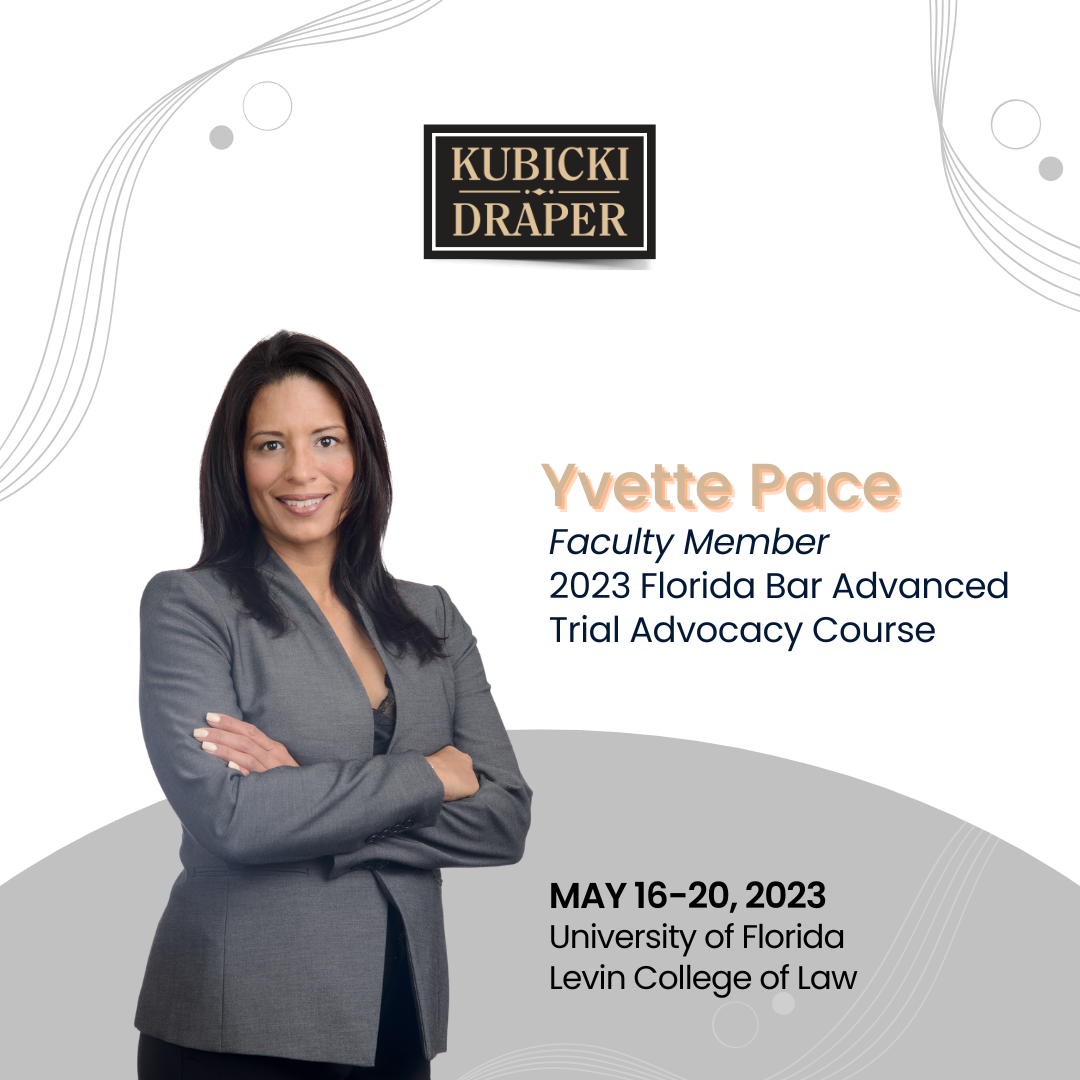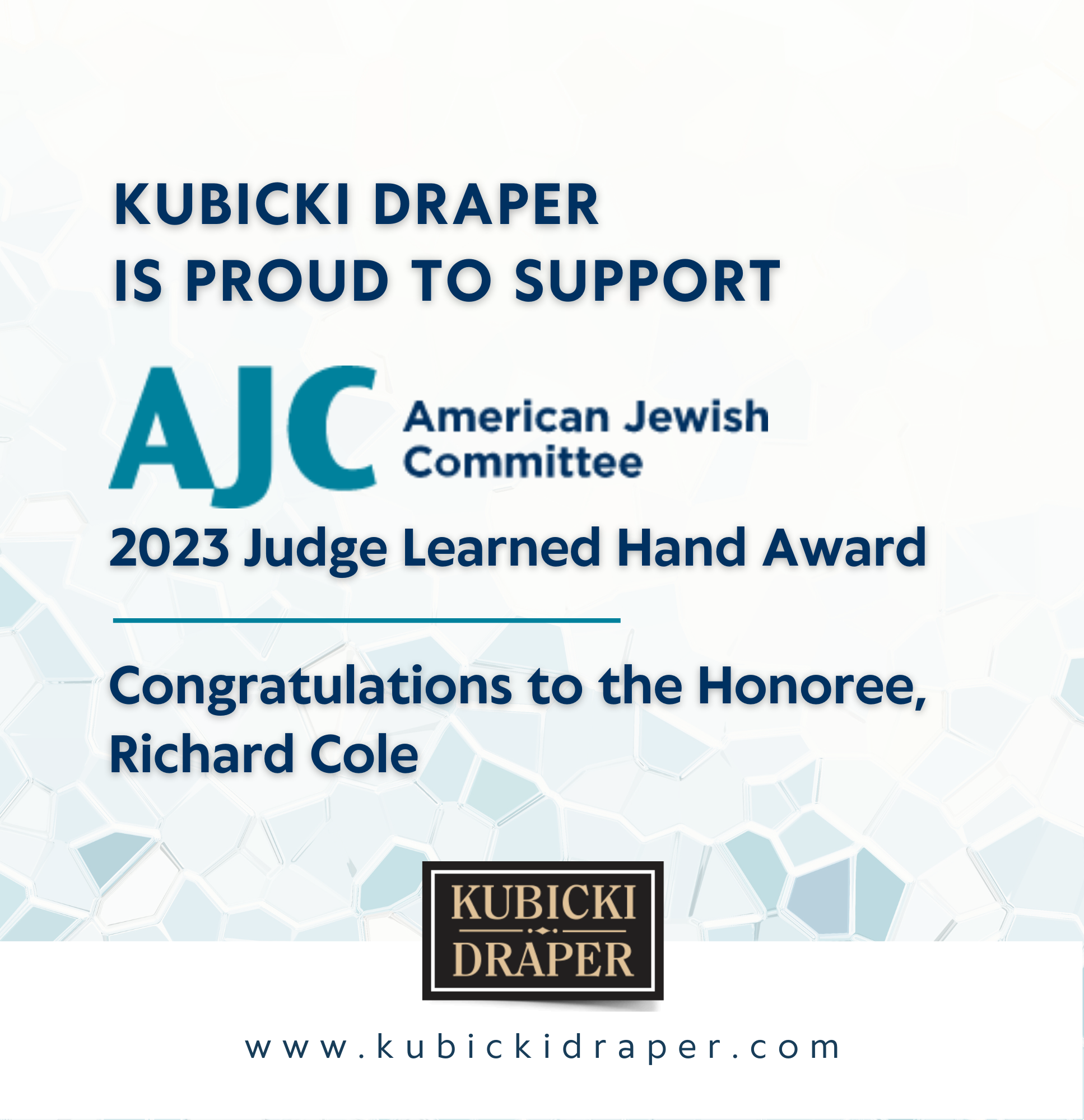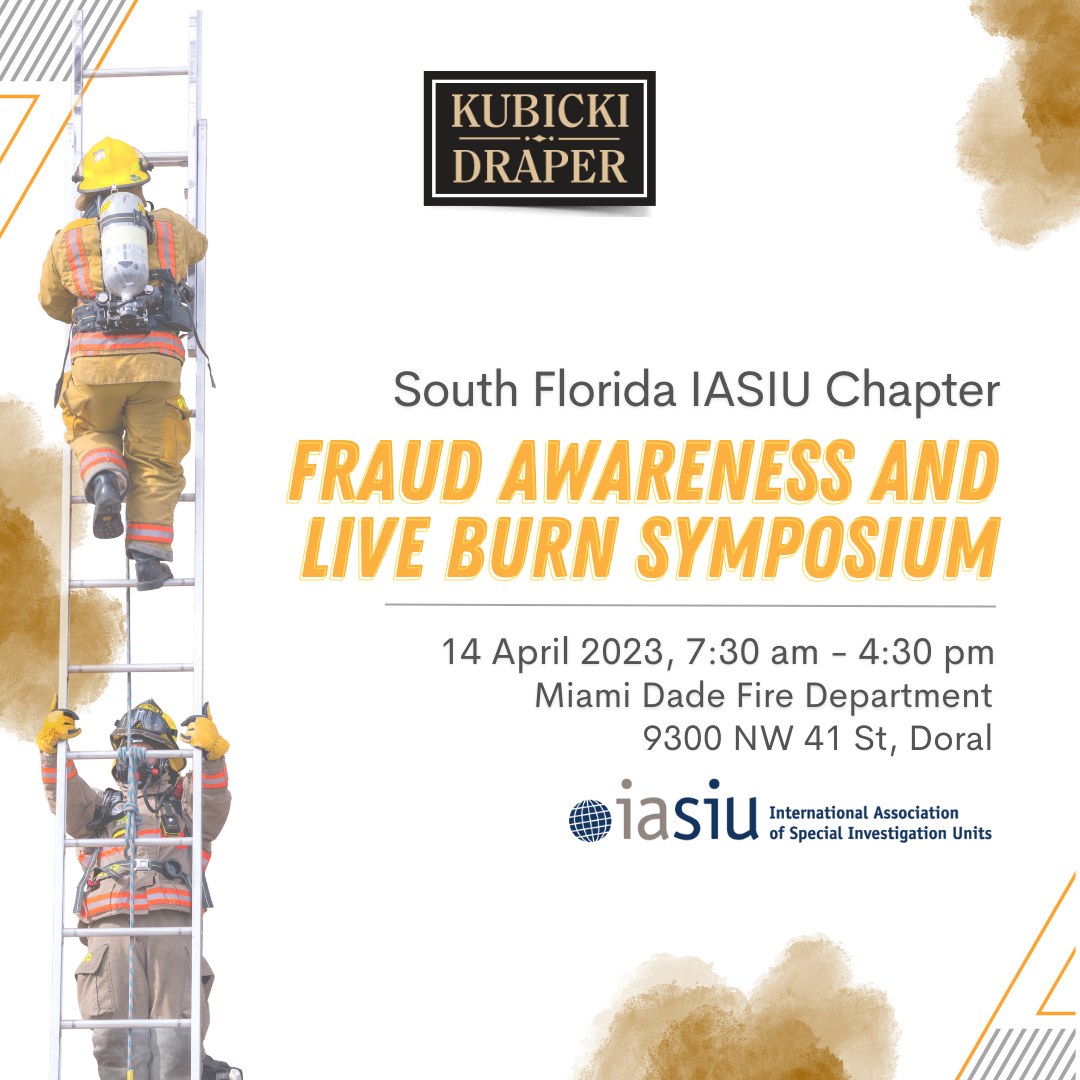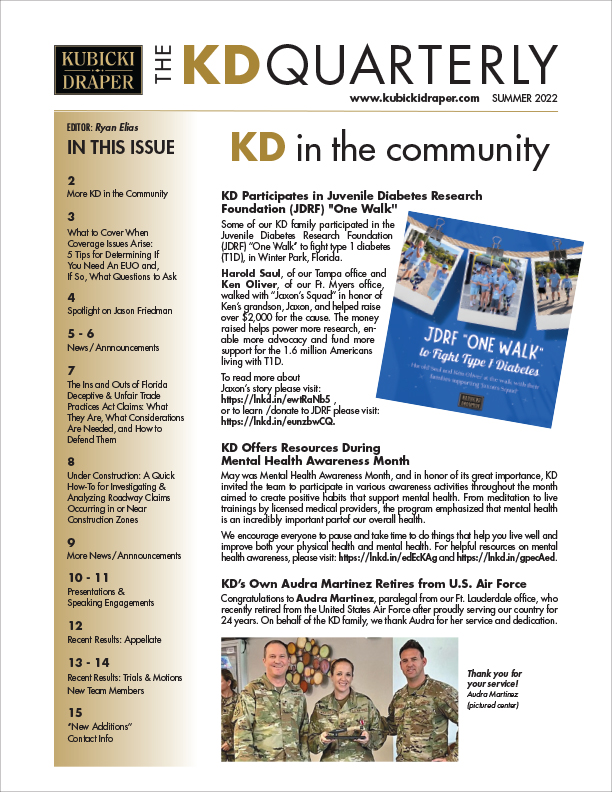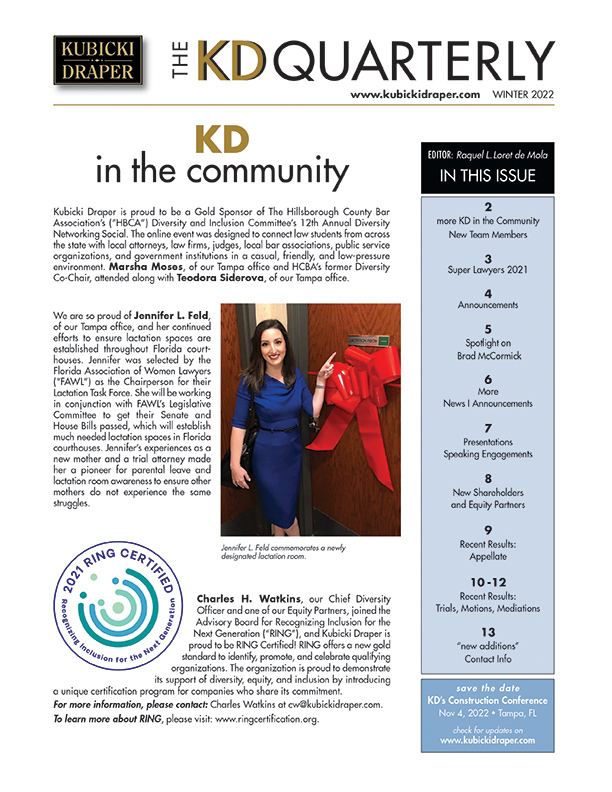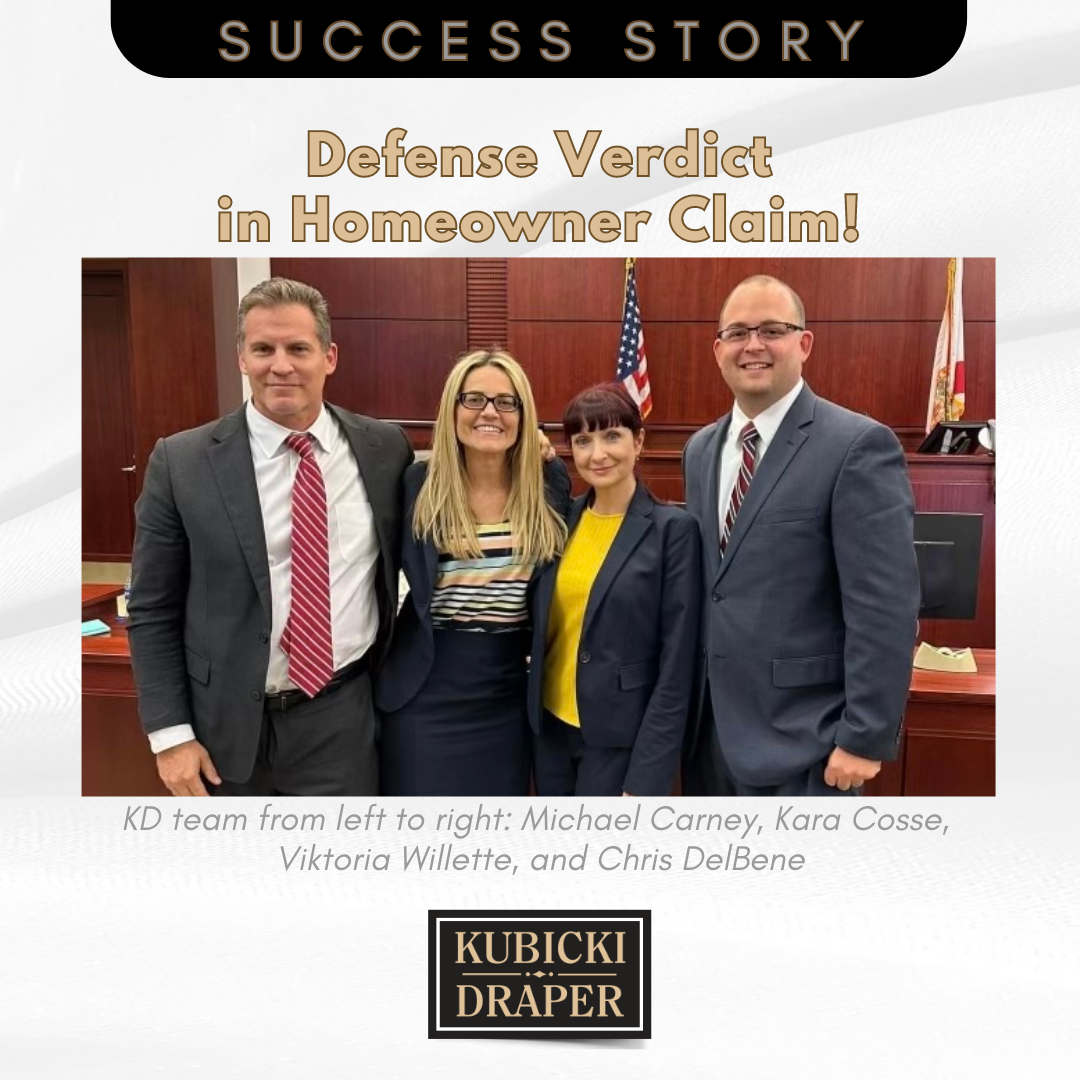By Eric V. Tourian
It is well known that Florida’s survival statute (§46.021) allows the personal representative of a deceased to sue for torts which were suffered by the deceased but which were not the cause of his or her death. Likewise, Florida’s Wrongful Death Act (§768.16-768.26) allows the personal representative of a deceased to bring suit for torts resulting in death. But prior to 1883, wrongful death suits were not allowed in Florida,[i] and before the twentieth century, the personal representative of a deceased Floridian could not sue for torts which the deceased suffered during his or her lifetime but which were not the cause of his or her death.[ii]
Tort law was long shackled by the principle of actio personalis moritur cum persona, a principle which was fundamental to how courts and lawmakers viewed the death of a plaintiff or defendant. Both the current survival statute and Wrongful Death Act were outgrowths of the softening and eventual abandonment of this principle. Much could be written about the Florida survival statute and Wrongful Death Act; however, most articles written about the Wrongful Death Act would surely be longer, so in the interest of brevity, the remainder of this article will briefly trace the origin and development of Florida’s survival statute.
Common Law Origins
Although its origin is not entirely traceable (one commentator calls it a “historical accident”),[iii] from at least some time after the Norman Conquest[iv] (1066) down to at least the nineteenth century[v], English common law operated according to the rule of actio personalis moritur cum persona[vi] or “a personal right of action comes to an end with the death of either of the parties.”[vii] Based on this principle, personal injury actions abated with the death of either the plaintiff or the defendant.[viii] Actions based on contract did not abate upon the death of a party.[ix]
The first relaxation of the abatement rule came in 1330 when King Edward III and the Parliament of England enacted a statute which is known as “statute de bonis asportatis.”[x] De bonis asportatis provided that executors of estates of persons who had died with wills could sue[xi] for the recovery of personal property, torts involving trespasses to property and thefts which the plaintiff had suffered while alive.[xii] However, de bonis asportatis did not change the principle that personal injury suits abated with the death of the plaintiff or defendant.[xiii]
The statute de bonis asportatis in particular and the principle of actio personalis moritur cum persona in general were both in effect in England on July 4, 1776.[xiv] On November 6, 1829, the Territorial Legislature of Florida adopted statute §2.01 thereby largely adopting and incorporating the statutory and common law of England.[xv] The Territorial Legislature enacted the first survival statute on January 19, 1827[xvi] and this was later amended on January 19, 1828.[xvii]
Development Of Florida’s Survival Statute
The 1828 version of the survival statute read “All actions for personal injuries shall die with the person, to wit: Assault and battery, slander, false imprisonment, and malicious prosecution; all other actions shall and may be maintained in the name of the representatives of the deceased.”[xviii] This statute remained largely unexamined until the Florida Supreme Court’s review in Jacksonville State Railway Company v. Chappell, 1 So. 10 (Fla. 1886).
In Jacksonville, the Plaintiff suffered a personal injury while riding as a passenger on one of Jacksonville State Railway Company’s trains. The Plaintiff later filed a personal injury lawsuit to recover for these injuries, and he apparently died while the suit was pending. The Duval County Court eventually entered judgment against Jacksonville State Railway Company, but on appeal, the Florida Supreme Court reversed.
In its opinion, the Court interpreted the survival statute in light of the statute de bonis asportatis and later English court cases[xix] and held that the survival statute meant that “all actions for personal injuries should die with the person.”[xx] As such, the Plaintiff’s estate recovered nothing.
The Florida Supreme Court had another opportunity to interpret the 1828 version of the survival statute in the tragic and disturbing case of Waller v. First Savings & Trust Co. 138 So. 780 (Fla. 1931).
In Waller, the Defendant planted a bomb at the Plaintiff’s Plant City, Florida home. The bomb was happened-upon by the Plaintiff’s wife, it detonated, and she was gravely injured but survived. While awaiting trial, the Defendant was murdered, and First Savings & Trust Company was appointed the executor of his estate.
The Plaintiff filed suit against First Savings & Trust Co. in order to recover for his wife’s pain and suffering, the loss of his wife’s society and services and for the costs of her medical care. First Savings & Trust Co. argued that the suit was barred by the abatement principle. The trial court agreed and entered judgment for First Savings & Trust Co. The Florida Supreme Court reversed the trial court.
In a lengthy written opinion, the Court found that the actio personalis moritur cum persona principle was not consistent with the Florida Constitution’s guarantee that the courts be open to all litigants. The Court ultimately held that actio personalis moritur cum persona “never became a part of the common law of Florida at all.”[xxi] The personal injury lawsuit was therefore allowed to proceed against the estate of the deceased Defendant.
While one contemporary publication labeled the Waller ruling an example of “judicial legislation,”[xxii] after the Waller ruling, Florida survival statute was read as allowing for an alive plaintiff to sue a deceased defendant for torts which the defendant had committed during his or her lifetime.[xxiii]
In 1951, the Florida Legislature amended the survival statute to read “No action for personal injuries and no other action shall die with the person, and all actions shall survive and may be instituted, maintained, prosecuted and defended in the name of the personal representative of the deceased, or in the name of such other person as may be provided by law.”[xxiv] This amendment effectively abolished the abatement principle in Florida. The statute was last amended in 1967 at which time the language of the statute was modernized.[xxv]
Conclusion
While most people likely never give Florida’s survival statute much thought, a close examination shows that it is the product of an almost eight hundred year quest to fashion just laws which guarantee due process, the right to recover for personal injuries and to bring a claim to court, event if that claim is brought or defended after a party’s death.
------------------------------------
The information provided about the law is not intended as legal advice. Although we go to great lengths to make sure our information is accurate and useful, we encourage and strongly recommend you consult an attorney to review and evaluate the particular circumstances of your situation.
[i] John P. Wilcox & Harold G. Melville, The Computation Of Damages Under The New Florida Wrongful Death Act, 26 U. Miami L. Rev. 737 (1972)
[ii] See generally, Florida AGO 74-100 (1974) available at http://www.myfloridalegal.com/ago.nsf/Opinions/81506301C15AA6E5852566B200566D85; See also, Smith v. Lusk, 356 So. 2d 1309 (Fla. 2nd DCA 1978)
[iii] David Horton, Indescendibility,102 Calif. L. Rev. 543, 590 (June 2014), See also, Survival Of Actions Brought Under Federal Statutes, 63 Colum. L. Rev.,. 290, 290-305 (1963); H. Goudy, Two Ancient Brocards, in Essays In Legal History Read Before The International Congress Of Historical Studies Held In London In 1913, 215, 216,(Paul Vinograff, F.B.A., Ed., London, Oxford University Press, 1913) available at https://archive.org/details/essaysinlegalhis00inteuoft/page/214 ;
[iv] Goudy supra 216-225.
[v] Survival Of Actions, supra note 6, at 290
[vi] See, William Blackstone, Commentaries On The Laws Of England, 773-774 (George Chase, LL.B., Ed., 3rd Ed., New York, Banks & Brothers Law Publishers, 1895).
[vii] Goudy, supra at 216
[viii] John D. Lawson, Survival Of Actions, The American Law Register, 353-364 (June 1883)
[ix] See, Joseph Chitty, A Treatise On The Parties To Actions, The Forms Of Actions And On Pleading. With A Second And Third Volume Containing Precedents Of Pleadings In Three Volumes, Vol. 1, 37-94 ( John A Dunlap, Ed., 3rd American Edition, Philadelphia, I, Riley, 1819) available at https://archive.org/details/treatiseonpartie01chit/page/36 and See W. S. Holdsworth, A History Of English Law 576-585 (3rd Ed., London, Methuen & Co., 1923) available at https://archive.org/details/historyofengl3rd03holduoft/page/576
[x]4 Edw. III, Cap. 7. (1330), See, Wex S. Malone, American Fatal Accident Statutes-Part I: The Legislative Birth Pains, Duke L. J., 675-676, 673-719 (1965) and W. Mark Ormrod, Edward III (Yale University Press, 2011) 79, 106-107
[xi] Henshaw v. Miller, 58 US 212, 215-216 (1854)(“actions of trespass for goods taken or carried away in the lifetime of the testator or intestate, may be maintained against, as well as by, executors &c: and in that respect extends the provisions of the statute of 4 Edw. III which gives a remedy only to executors, and not against them.”)
[xii] Holdsworth, supra at 584, Blackstone, supra at 704-705, Chitty, supra at 94; Leonard v. Nat Harrison Associates, Inc., 122 So. 2d 432 (Fla. 2nd DCA 1960); Phillips Co. v. Wagner, 155 So. 842 (Fla. 1934); and Quitman Naval Stores Co. v. Conway, 58 So. 840 (Fla. 1912)
[xiii] Chitty, supra at 45 and Blackstone, supra at 773
[xiv] See, Florida Statutes 1941, Volume III: Helpful And Useful Matter, pg. 5 available at http://fall.law.fsu.edu/databases/PDF/1941statutoryrevisions.pdf
[xv] See, Id.
[xvi] Jones v. Townsend, 2 So. 612 (Fla. 1887)
[xvii] Id and Atlas Properties, Inc. v. Didich, 226 So. 2d 684 (Fla. 1969)
[xviii] Atlas Properties, Inc. v. Didich, 226 So. 2d 684, 686 (Fla. 1969)
[xix] At 11.
[xx] Id. at 15.
[xxi] Id.at 786
[xxii] Inadequacies of English and State Survival Legislation, 48 Harv. L. Rev. 1008, 1013
[xxiii] The abatement doctrine was even further eroded by the Florida Supreme Court in State ex. rel. H. E. Wolfe Construction Company et. al. v. Parks et. al, 175 So. 786 (Fla. 1937) in which it held that where both a Plaintiff and Defendant are alive when suit is filed but the Plaintiff then dies during the pendency of the suit, the Plaintiff’s personal representative may be substituted and continue with the suit as long as the suit was not based upon assault and battery, slander, false imprisonment or malicious prosecution. However, if the suit was based upon any of the enumerated torts, then the action still abated.
[xxiv] Atlas Properties, supra at 687
[xxv] The current version of the statute reads: “No cause of action dies with the person. All causes of action survive and may be commenced, prosecuted and defended in the name of the person prescribed by law.”

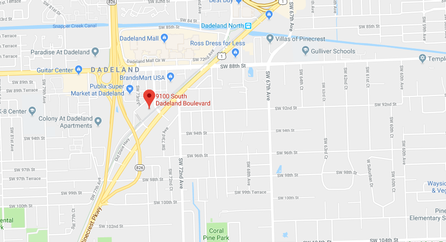
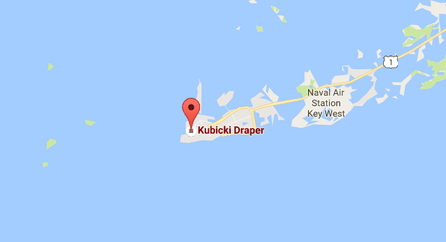
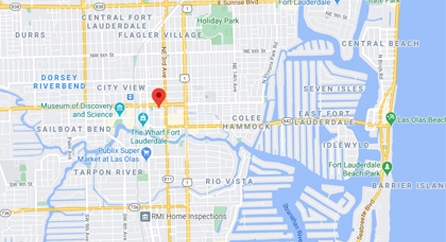
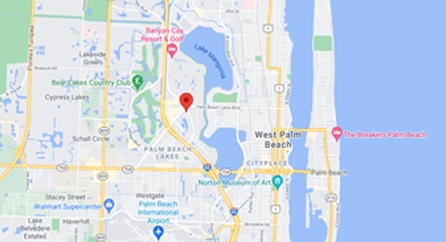
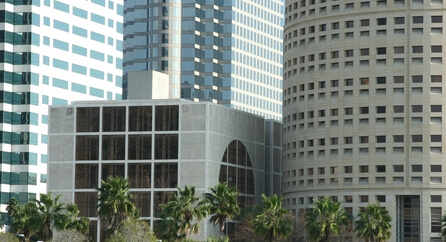

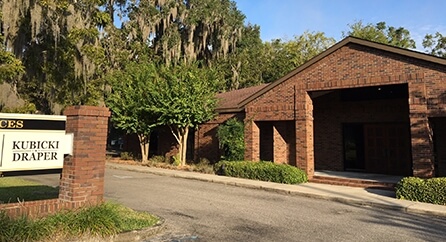

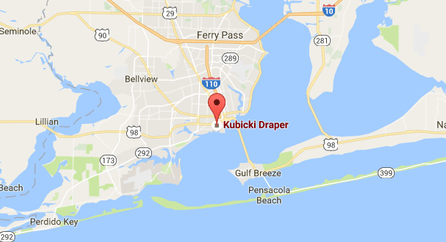
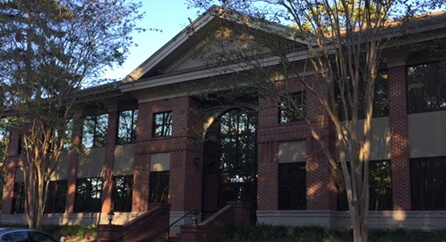
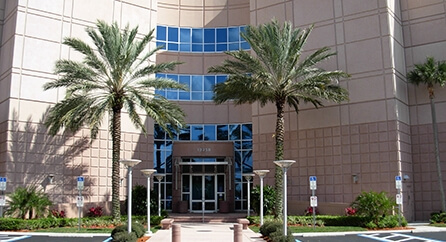
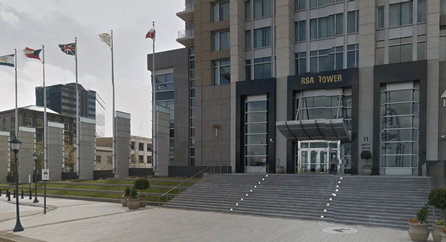
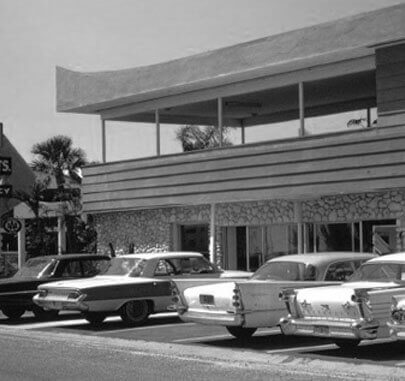



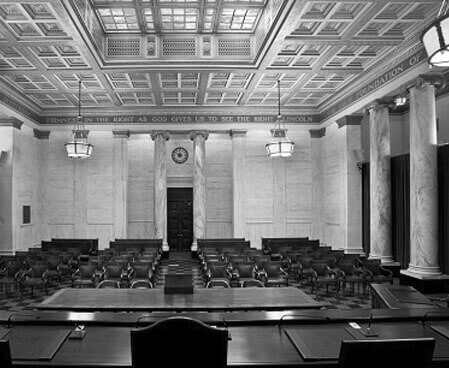


 .png)
